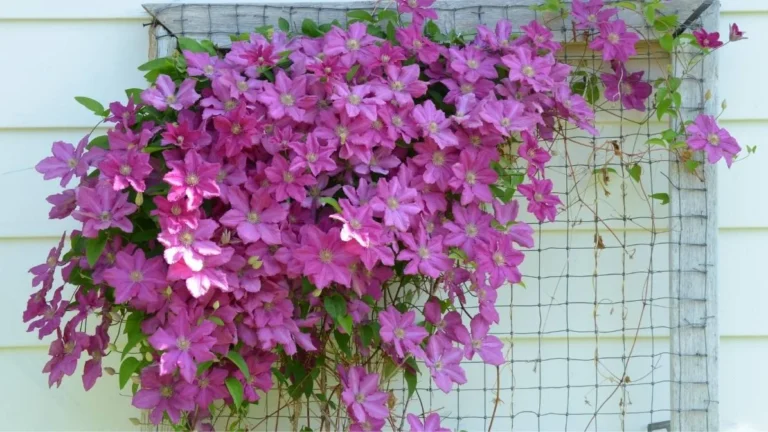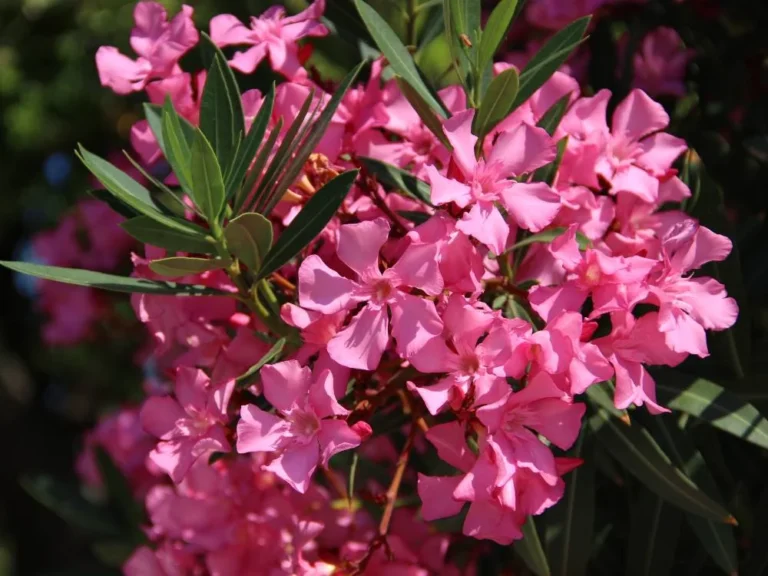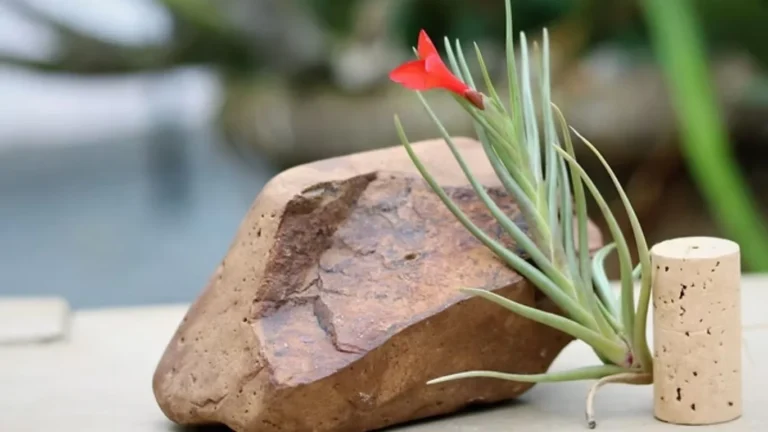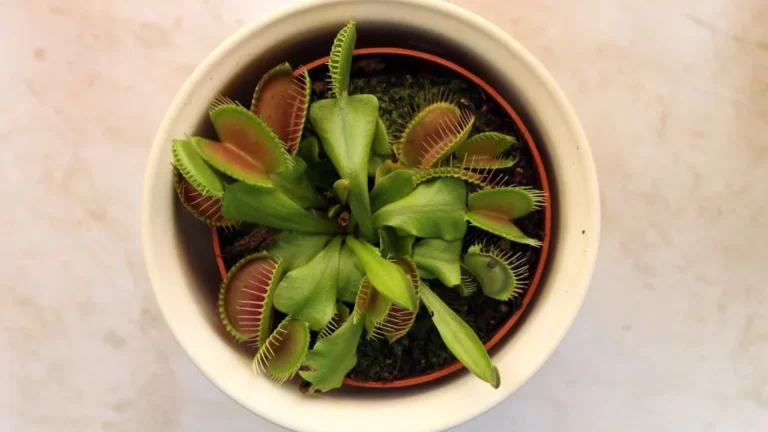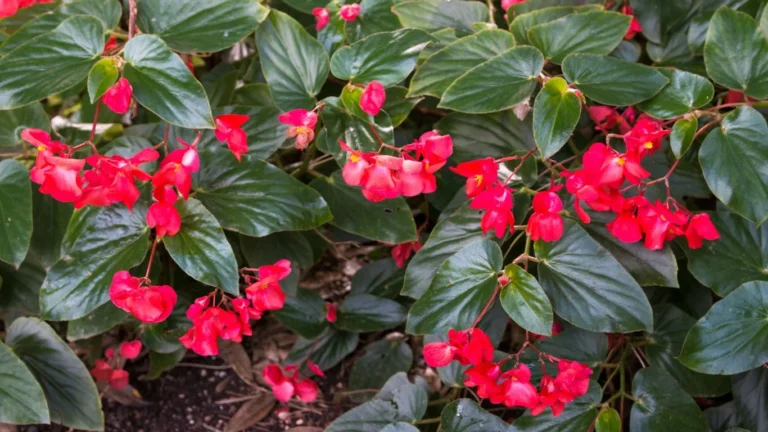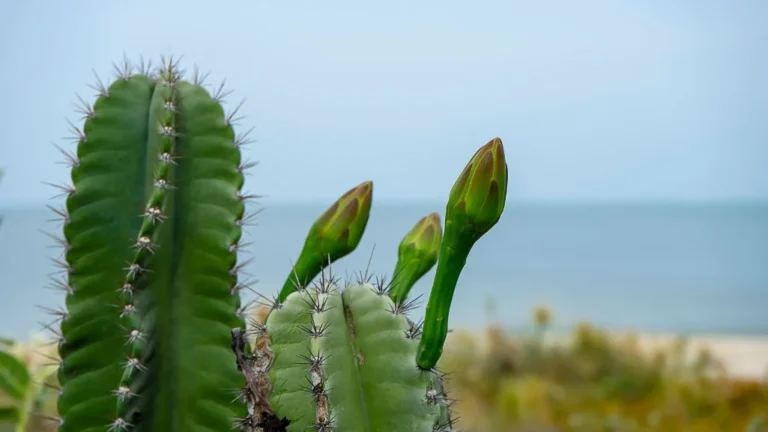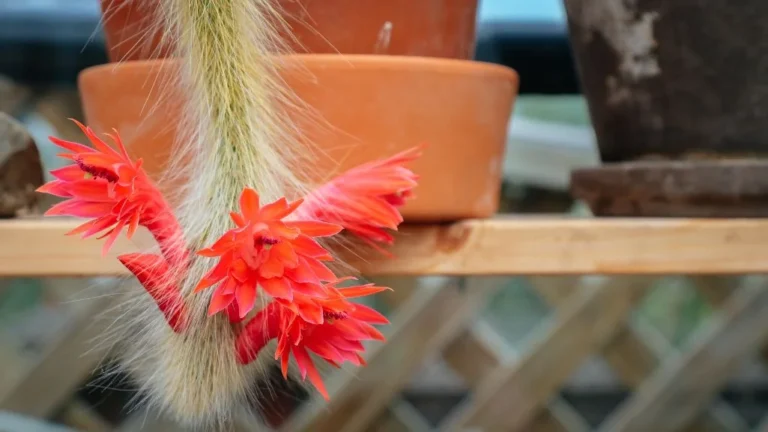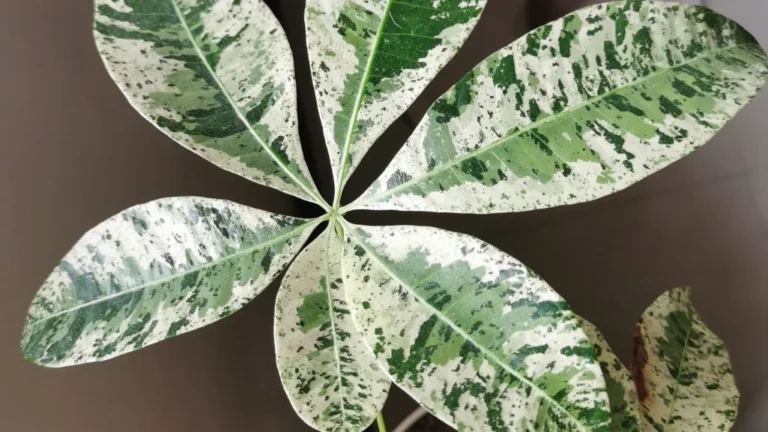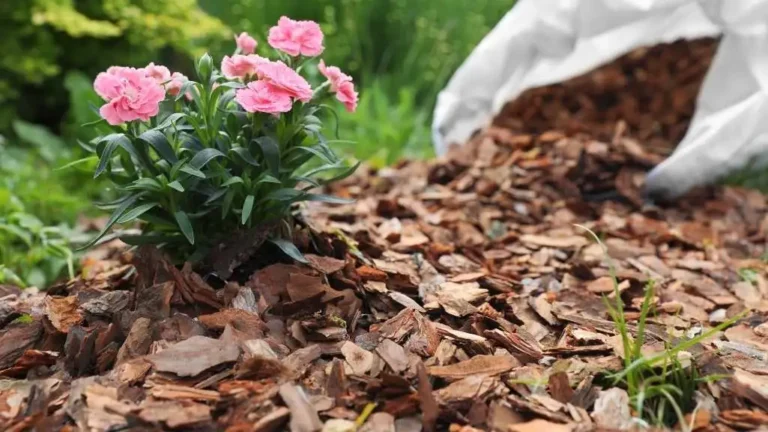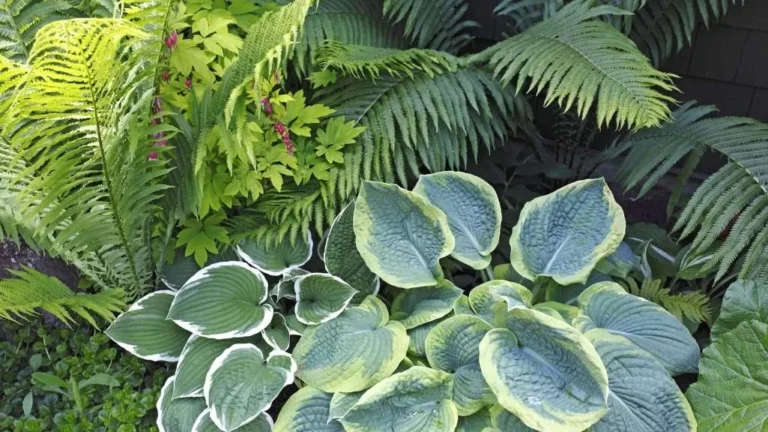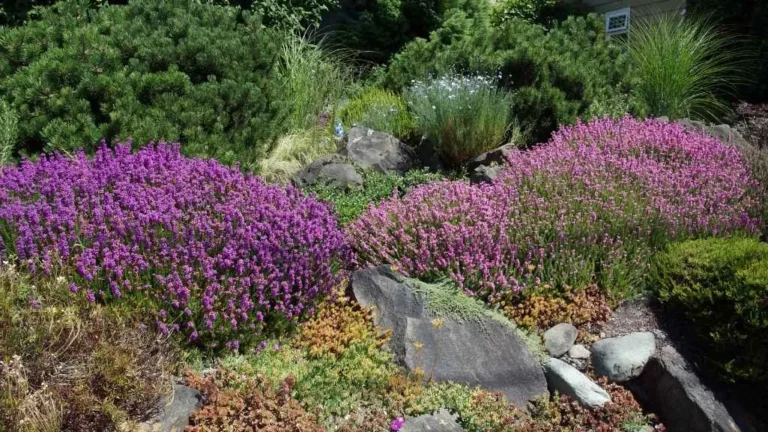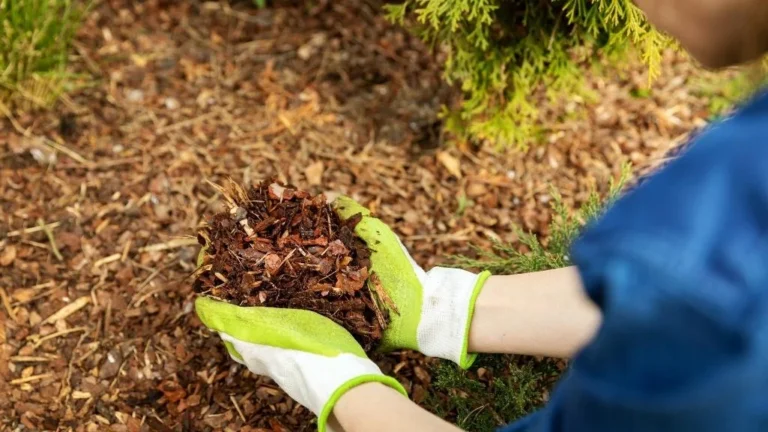If you’re a cat parent like me, you probably already know how much our furry friends love to investigate (and sometimes snack on) houseplants. So, you might be wondering: “Are air plants safe for my cat?” I get it; our curious furballs seem to think everything in the house is a potential snack or toy. So, let’s clear this up.
The short answer is: No, air plants are not toxic to cats.
That’s a huge relief. But there’s more to know, so let’s dive into why they’re safe and how to keep both your plants and your cat out of trouble.
Why Are Air Plants Safe for Cats?
Air plants (Tillandsia) are part of the Bromeliaceae family, which is known for being generally non-toxic to pets, including cats and dogs. Unlike some other houseplants that contain harmful substances like calcium oxalate crystals or toxic alkaloids, air plants are free of any compounds that could poison your pet.
While air plants themselves are non-toxic, it’s important to keep an eye on any sprays or fertilizers you might use on them. Some plant care products can be harmful to pets. Always choose pet-safe fertilizers or avoid using them altogether if your cat has access to the plant.
Though air plants are non-toxic to cats, it’s best to keep them out of reach from your pet. Curious cats might still chew on the leaves, which could damage the plant and potentially cause minor stomach upset for your kitty.
Plus, cats have a knack for knocking things over, and air plants can be delicate. Placing them in a safe, elevated spot not only protects your plant but also keeps your cat from developing a bad habit of nibbling on your greenery
Related content Are Snake Plants Toxic to Dogs?
How to Keep Cats Away from Air Plants
If your cat’s like mine, they’re probably obsessed with exploring—and maybe chewing on—your plants. Here are some tricks I’ve found super helpful:
- Air plants are perfect for hanging displays. Pop them in a glass terrarium or hang them in a cute macramé holder. Not only does this look awesome, but it also keeps them out of paw’s reach.
- Cats love to chew, so why not give them something safe to munch on? Try growing cat grass or keeping some catnip around. If they have their own plants, they might leave yours alone.
- Most cats hate citrus. A few drops of lemon or orange essential oil on cotton balls placed near your plants can work wonders. Just make sure your cat can’t reach the cotton—those aren’t for eating either!
So, there you have it! Air plants are safe for cats, but you’ll want to keep them out of reach to avoid any tummy troubles (or plant casualties). With a few simple tweaks, you can create a space that’s both cat- and plant-friendly.


